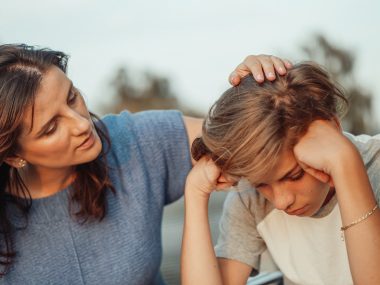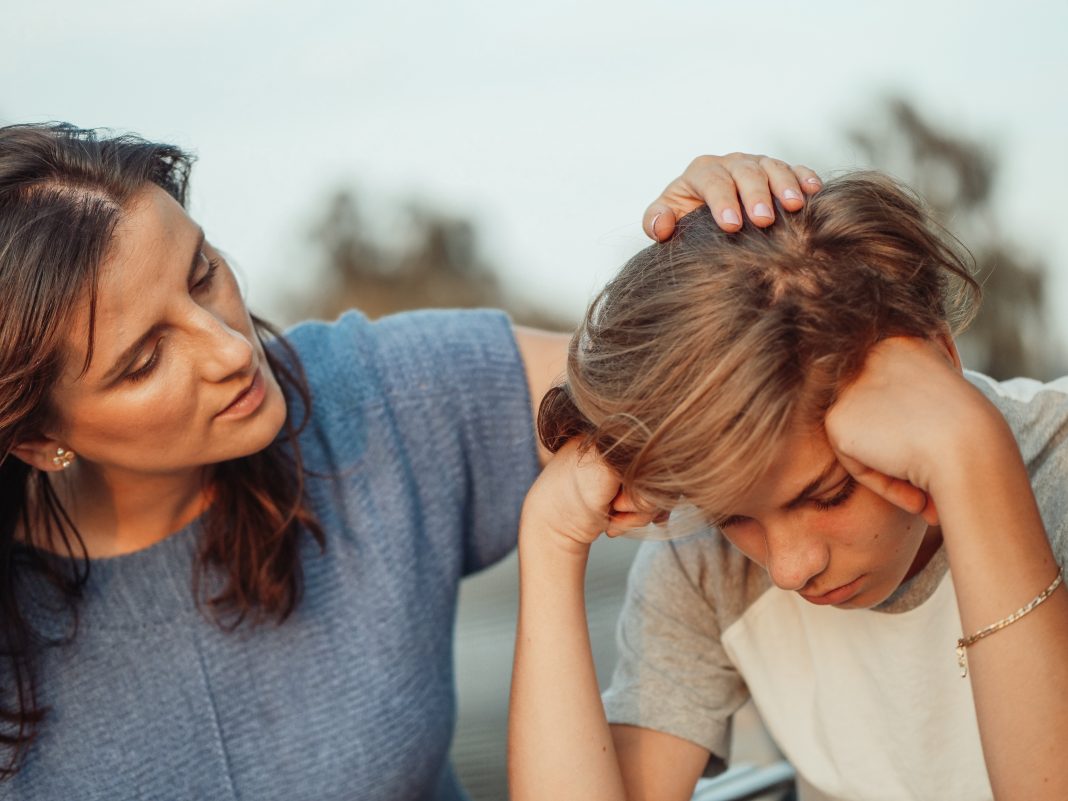When it comes to a disaster, as adults, we have lots of ways that we can prepare ourselves to handle it. But sometimes we need strategies for helping children cope with disasters.
Some of the best ways for us to prepare and deal with a disaster are:
- Give ourselves time to adjust: Understand that this will be a challenging period in your life. Allow yourself to mourn the losses you have experienced.
- Seek support from caring individuals: Reach out to people who will listen to your concerns and offer support. Keep in mind that those who have also experienced the disaster may have their own difficulties providing support.
- Limit exposure to news: Stay informed, but try not to overwhelm yourself with excessive news consumption. Overexposure to news can increase your stress levels.
- Explore local support groups: Look for support groups facilitated by trained professionals, such as psychologists, specifically for individuals affected by the disaster. These groups can offer valuable assistance, especially if you lack a strong personal support system.
- Practice healthy behaviors: Engage in activities that promote your well-being, such as eating balanced meals, exercising, and getting sufficient rest. If you struggle with sleep, relaxation techniques might help. Avoid alcohol and drugs, as they can intensify distress rather than alleviate it.
- Establish routines: Establish or reintroduce regular routines, including meal times and exercise schedules. Take breaks to distract yourself from fire-related thoughts and engage in activities that bring you joy.
- Avoid major life decisions: Refrain from making significant life decisions, such as changing jobs, making large purchases, or abruptly altering relationships. These activities carry their own stressors that can worsen your current situation.

But when it comes to kids and disasters, we need help to help them cope. The best strategies for helping children when it comes to a disaster are:
- Provide emotional support: Understand that it’s normal for children to rely more on their caregivers in the months following a disaster. Offer affection and comfort to help them cope with trauma.
- Encourage play experiences: Use play to help children alleviate tension. Drawing and other non-verbal activities can enable younger children to express their thoughts and feelings about the event.
- Foster communication: Encourage older children to talk openly with you and their siblings about their thoughts and emotions. This helps reduce confusion and anxiety. Answer their questions using language they can understand and repeatedly reassure them that you care and comprehend their fears.
- Maintain regular schedules: Stick to regular schedules for activities like meals, playtime, and bedtime. Restoring a sense of security and normalcy can be comforting.
- Limit exposure to traumatic content: Minimize children’s exposure to news coverage of the disaster. Repeatedly watching such broadcasts can retraumatize them.
- Create new positive memories: As time passes, focus on creating new memories as a family. If there was a family loss, allow time to grieve and celebrate the life of the loved one.
These tips were submitted by Reena B. Patel, a remarkable parenting and school psychologist, board-certified behavior analyst, and author of the acclaimed book, "Winnie & Her Worries.






















